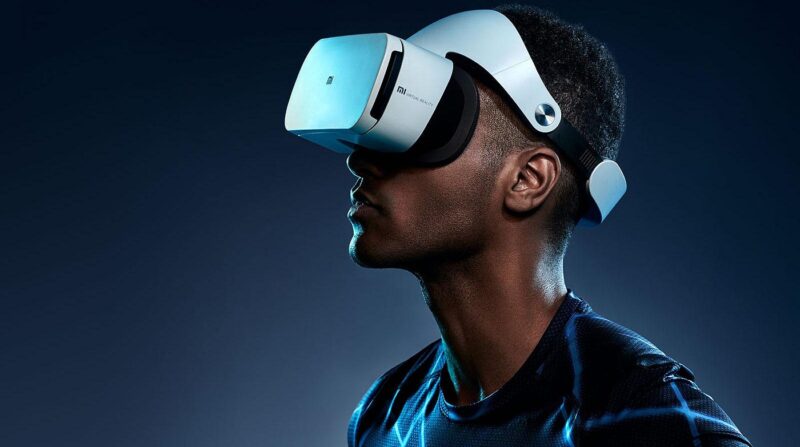Global Issues
The Rise of Virtual Reality: Transforming Industries and Experiences -By Deborah Joseph
As virtual reality continues to advance, its impact on society will only grow more profound. From revolutionizing industries to enhancing human experiences, VR is unlocking new possibilities and reshaping the future in ways we are only beginning to imagine. Embracing this transformative technology opens the door to a world of limitless potential and endless innovation.

In recent years, virtual reality (VR) technology has evolved from a niche novelty to a transformative force across various industries. With its ability to immerse users in digital environments, VR is reshaping the way we work, learn, play, and interact. From healthcare to entertainment, here’s a glimpse into how VR is revolutionizing our world.
In the realm of healthcare, VR is revolutionizing patient care, medical training, and therapy. Surgeons can now practice complex procedures in a simulated environment before entering the operating room, reducing the risk of errors and improving outcomes. VR therapy is also gaining traction, offering immersive environments to treat phobias, PTSD, and chronic pain.
VR is enhancing learning experiences by providing students with immersive, interactive lessons. From exploring ancient civilizations to dissecting virtual frogs, students can engage with educational content in ways never before possible. VR simulations also offer practical training for fields like aviation, engineering, and emergency response, allowing learners to practice in realistic scenarios without real-world risks.
The entertainment industry is leveraging VR to create captivating experiences that blur the line between reality and imagination. From immersive gaming worlds to virtual concerts and theme park rides, VR is revolutionizing how we consume entertainment. With advancements in VR technology, users can now enjoy high-fidelity graphics, realistic physics, and social interactions within virtual environments.
VR is transforming the way architects and designers conceptualize and present their projects. With VR visualization tools, clients can explore architectural designs and interior layouts in immersive 3D environments, providing a more realistic and interactive experience than traditional blueprints or renderings. This technology also facilitates collaboration among team members, allowing stakeholders to visualize and refine designs in real-time.
Virtual reality is changing the way we experience destinations and attractions around the world. Through VR travel experiences, users can explore exotic locales, historical landmarks, and natural wonders from the comfort of their homes. This not only expands access to travel for those with physical limitations but also serves as a powerful marketing tool for destinations seeking to attract visitors.
The COVID-19 pandemic has accelerated the adoption of remote work and virtual collaboration tools, making VR an increasingly valuable asset for businesses. Virtual offices and meeting spaces enable teams to collaborate in immersive environments regardless of their physical locations, fostering creativity, productivity, and connectivity in the digital workspace.
As virtual reality continues to advance, its impact on society will only grow more profound. From revolutionizing industries to enhancing human experiences, VR is unlocking new possibilities and reshaping the future in ways we are only beginning to imagine. Embracing this transformative technology opens the door to a world of limitless potential and endless innovation.
Deborah Joseph writes from mass communication department Abubakar Tatari Ali Polytechnic Bauchi and can be reached via debbyjoe1999@gmail.com



















